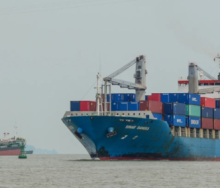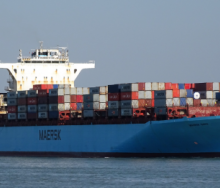US oil prices topped $70 a barrel on Monday (May 7) for the first time since November 2014, according to Reuters. Brent crude prices also soared as the economic crisis in Venezuela placed increasing pressure on the country’s reduced oil supplies.
Economist Michael Ade told FTW Online that given the South African economy was open and the domestic economy was basically a ‘price taker’, the transmission effects of the increase in oil prices would be swift.
“We have already seen the negative effects of the recent volatility in the rand/dollar exchange rate in the form of higher fuels as captured by the Central Energy Fund, and prices may continue to rise in the near future.”
He explained that price increases from external supply shock (such as that in Venezuela) could further increase the costs of inputs used in production and lead to inflation.
“This may adversely affect the prices of goods and services traded in the southern African region and impact negatively on their competitiveness. It may also lead to higher transportation costs for the majority of local companies that export to other SADC (Southern African Development Community) countries.”
Companies have already highlighted transportation and freight costs (including rail and port costs) as key factors in their exports within the SADC region - higher import prices will only add to this basket of input costs, resulting in reduced business efficiency, according to Ade.
“The detrimental effects of increasing price volatility on business may not be limited to transport, but may also occur in the form of supply disruptions as a result of lower production. This will also have an adverse effect on investment,” he said. A factor that may impact on the potential growth of South Africa and other SADC members.













